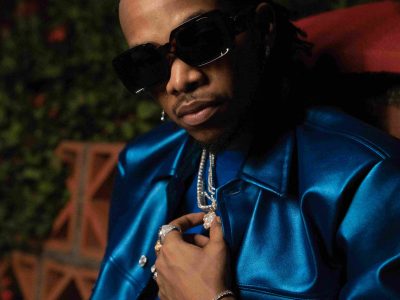One thing you might probably ignore about Somalia is that the Horn of African nation which has been in the headlines for the wrong reason for some decades is also known as “a nation of poets”.
We are here today going to pay a tribute to the greatest poet of modern times in Somalia who was known as Mohamed Ibrahim Warseme.
He recently died in Hargeisa the capital of the self-declared republic of Somaliland at the age of 79.
The BBC reports that tens of thousands attended his funeral. Many traveled from across the region, including Djibouti, Ethiopia, and Kenya.
The vast crowds at his graveside were testament to the respect and affection people have for the man known simply as Hadraawi or “master of speech”, a nickname he was given as a young boy growing up in Yemen where he was sent to live following the death of his mother.
Somalia’s President Hassan Sheikh Mohamud said: “Hadraawi’s death is felt in every Somali household.”
This is the kind of figure in the country whereby almost everybody from schoolgirls, waiters, millionaires, beggars, soldiers, and government ministers can recite by heart one of his poems or sing one of his songs.
To illustrate to you how important Mr. Hardraawi was to the Somalian people is the fact that he is the only figure that could unite the people of Somalia in a country that has fallen into pieces.
“The only thing Somalis can unite behind is Hadraawi,” his assistant and editor of a recent collection of his work, Muhammad Suleiman was quoted as saying by the BBC.

Hadraawi was an inspiration to many Somalis
Hadraawi was a committee member of the rebel Somali National Movement whose victory against the government led to Somaliland declaring itself independent in 1991, although it remains unrecognized internationally.
In 2003, he sought to bring an end to Somalia’s seemingly endless conflict by leading a peace caravan of singers, poets, and other cultural figures through war-torn areas.
He addressed issues of social justice, focusing on marginalized groups, including minority clans and women, especially mothers. In later years, he became a source of spiritual inspiration for Somalis all over the world.
Although his criticism of authority and attacks on injustice were fierce and fearless, Hadraawi was gentle and kind. He had a radiant smile.

Tribute to the poet on the lips of every Somali
The managing director of the Somali cultural organization, Kayd, and a confidante of Hadraawi, Ayan Mahamoud, said: “His heart was big enough to accommodate everyone.
He was known as ‘geed’ which means ‘tree’ in Somali because, like the branches of a tree, he gave shelter to everyone, no matter who they were.”
Hadraawi is as well known for his love poems as his political ones. Love Written in Blood is one of his most famous along with Amazement:
Oh dazzling darling
Happy happenstance and fair fortune.
To you, mind mesmeriser
since we became acquainted
you’ve been my only fever.
Adam Aw Hirsi, the Minister of State for Environment & Climate change in the Federal Republic of Somalia posted one of his poems on his Twitter that I find inspirational.
Here it follows:
“If they brag they’re such and such;
Don’t just nod at their nonsense;
If what they say lacks substance;
If their words are all but vein;
And don’t tally with the truth;
you have every right to rebut them” —
Hadraawi’s “The Life’s Essence.”

















